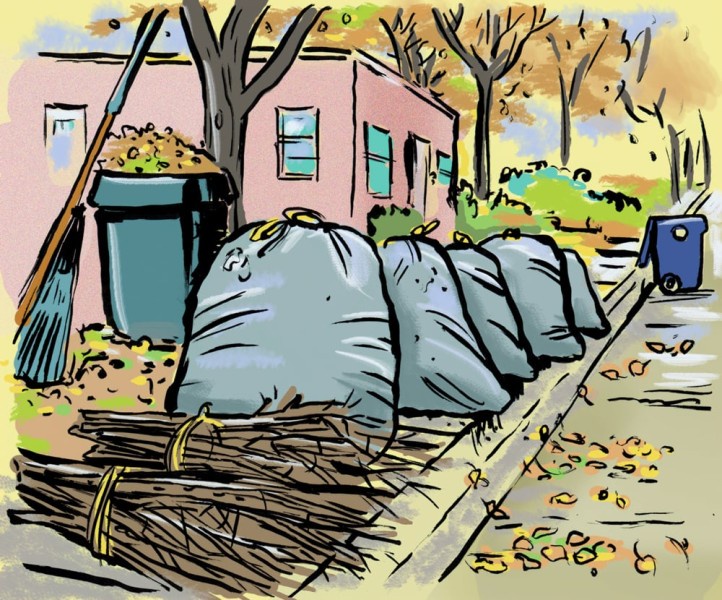Waste sorting is a fundamental aspect of effective trash management and recycling, playing a vital role in preserving our environment for future generations. Embracing this eco-friendly practice empowers us to reduce our carbon footprint and contribute to a cleaner, healthier planet.
Here are some invaluable tips to help you become a waste-sorting pro
Understanding Local Regulations for Waste Management
The first step to becoming a responsible waste sorter is familiarising yourself with the local laws and regulations pertaining to trash management. Different regions may have specific requirements for garbage sorting, including what can and cannot be recycled and how various types of waste should be sorted. Knowledge of these guidelines ensures you play your part in keeping the recycling process efficient and effective.
Sorting Recyclables from Non-Recyclables
Recycling is at the core of waste management, and knowing what can be recycled is essential. Materials like paper, cardboard, glass, metal, and certain plastics can be recycled to create new products. On the other hand, non-recyclables, such as food waste, diapers, and specific plastics that aren't accepted for recycling, should be disposed of properly. By distinguishing between recyclable and non-recyclable materials, you'll contribute significantly to reducing landfill waste.
The Cleanliness Factor
Before tossing your recyclables into the bin, remember the importance of cleanliness. Rinse and clean these materials to eliminate any contaminants or food residue. This simple step ensures that recycling centres can process the items more efficiently while preventing contamination of other recyclables.
Organising by Material Type
If your community mandates sorting by material type, use separate bins or containers for different recyclable materials. By following this system, you make the recycling process smoother and more effective.
Handling Hazardous Waste
Hazardous waste demands special care and should never be mixed with regular trash or recyclables. Items like batteries, chemicals, and electronic waste require proper disposal to prevent harm to the environment and human health. Familiarise yourself with the guidelines provided by your local waste management facility for the correct handling of hazardous materials.
The Power of Composting
Organic waste can be transformed into nutrient-rich soil through composting. Items like fruit and vegetable peels, yard waste, and coffee grounds can be composted instead of being discarded. If your community has a composting program, segregate organic trash from conventional waste and contribute to creating sustainable soil for a greener future.
Embracing the 3 R's of Waste Management
Reduce, Reuse, Recycle – the three pillars of waste management that lead to a sustainable future. Whenever possible, try to minimise your waste production by consuming mindfully and opting for reusable products. Reuse items creatively before considering disposal, and make recycling a priority for materials that can be transformed into new products.
Incorporating these practices into your daily routine will not only help you become a master of waste sorting but also enable you to actively support proper waste management and recycling initiatives in your community. Remember, every action counts in safeguarding our precious planet.
We are promoting sustainable living and responsible waste management. If you have any questions or concerns regarding waste sorting, visit our website to explore our eco-friendly solutions and resources.


Comments (7)